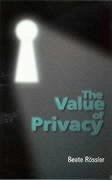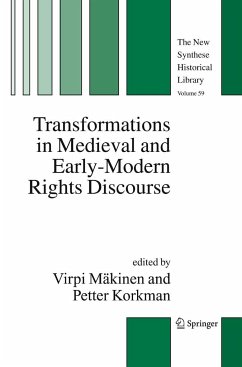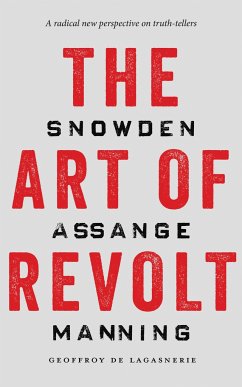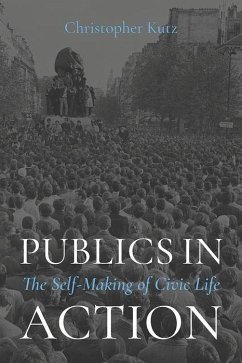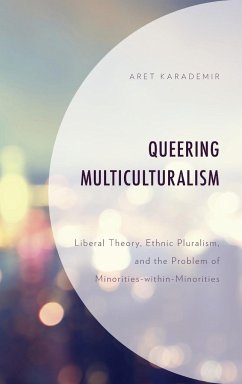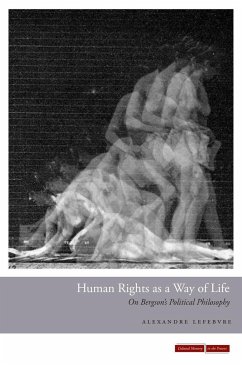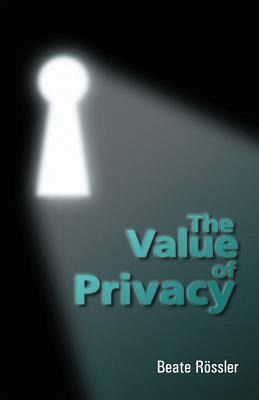
The Value of Privacy
Versandkostenfrei!
Versandfertig in über 4 Wochen
65,99 €
inkl. MwSt.
Weitere Ausgaben:

PAYBACK Punkte
33 °P sammeln!
This new book by Beate Rössler is a work of real quality and originality on an extremely topical issue: the issue of privacy and the relations between the private and the public. Rössler investigates the reasons why we value privacy and why we ought to value it. In the context of modern, liberal societies, Rössler develops a theory of the private which links privacy and autonomy in a constitutive way: privacy is a necessary condition to lead an autonomous life. The book develops a theory of freedom and autonomy which sees the ability to pose the "practical question" of how one wants to live...
This new book by Beate Rössler is a work of real quality and originality on an extremely topical issue: the issue of privacy and the relations between the private and the public. Rössler investigates the reasons why we value privacy and why we ought to value it. In the context of modern, liberal societies, Rössler develops a theory of the private which links privacy and autonomy in a constitutive way: privacy is a necessary condition to lead an autonomous life. The book develops a theory of freedom and autonomy which sees the ability to pose the "practical question" of how one wants to live, of what a person strives to be, at the centre of the modern idea of autonomy. The question of privacy is emerging as an increasingly important topic in social and political theory and is central to many current debates in law, the media and politics. The Value of Privacy will be widely recognised to be a classic contribution to the subject.




